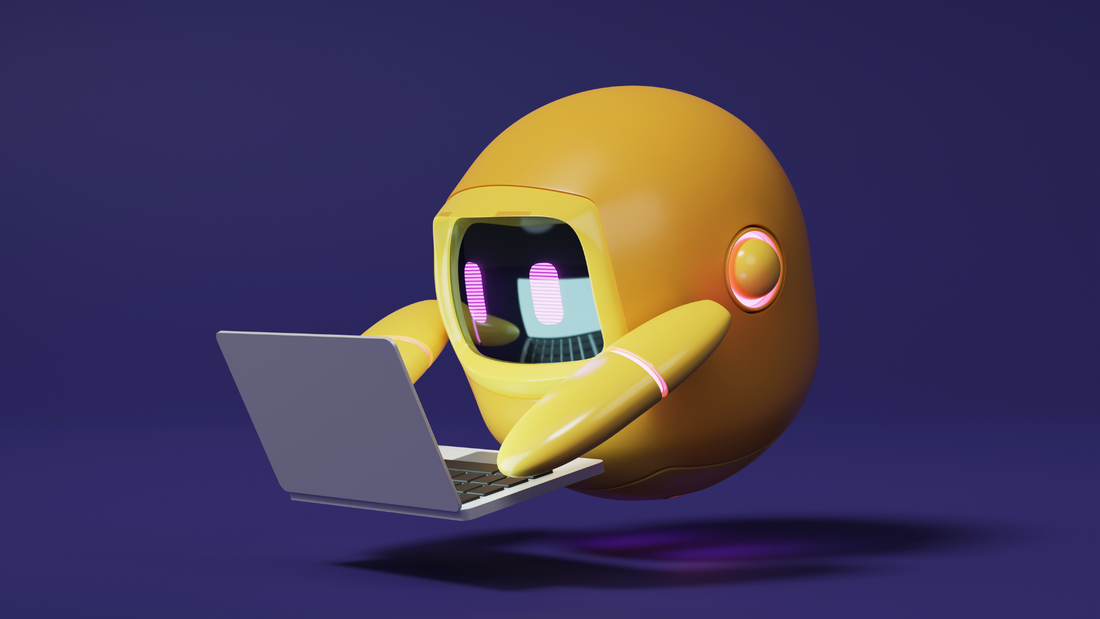|
David Pierce has an insightful piece in The Verge demonstrating the latest example of why every improvement in online technology leads to a yet another privacy disaster.
He writes about an experiment by OpenAI to make ChatGPT “feel a little more personal and a little smarter.” The company is now allowing some users to add memory to personalize this AI chatbot. Result? Pierce writes that “the idea of ChatGPT ‘knowing’ users is both cool and creepy.” OpenAI says it will allow users to remain in control of ChatGPT’s memory and be able to tell it to remove something it knows about you. It won’t remember sensitive topics like your health issues. And it has a temporary chat mode without memory. Credit goes to OpenAI for anticipating the privacy implications of a new technology, rather than blundering ahead like so many other technologists to see what breaks. OpenAI’s personal memory experiment is just another sign of how intimate technology is becoming. The ultimate example of online AI intimacy is, of course, the so-called “AI girlfriend or boyfriend” – the artificial romantic partner. Jen Caltrider of Mozilla’s Privacy Not Included team told Wired that romantic chatbots, some owned by companies that can’t be located, “push you toward role-playing, a lot of sex, a lot of intimacy, a lot of sharing.” When researchers tested the app, they found it “sent out 24,354 ad trackers within one minute of use.” We would add that data from these ads could be sold to the FBI, the IRS, or perhaps a foreign government. The first wave of people whose lives will be ruined by AI chatbots will be the lonely and the vulnerable. It is only a matter of time before sophisticated chatbots become ubiquitous sidekicks, as portrayed in so much near-term science fiction. It will soon become all too easy to trust a friendly and helpful voice, without realizing the many eyes and ears behind it. Comments are closed.
|
Categories
All
|


 RSS Feed
RSS Feed